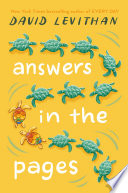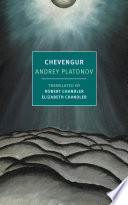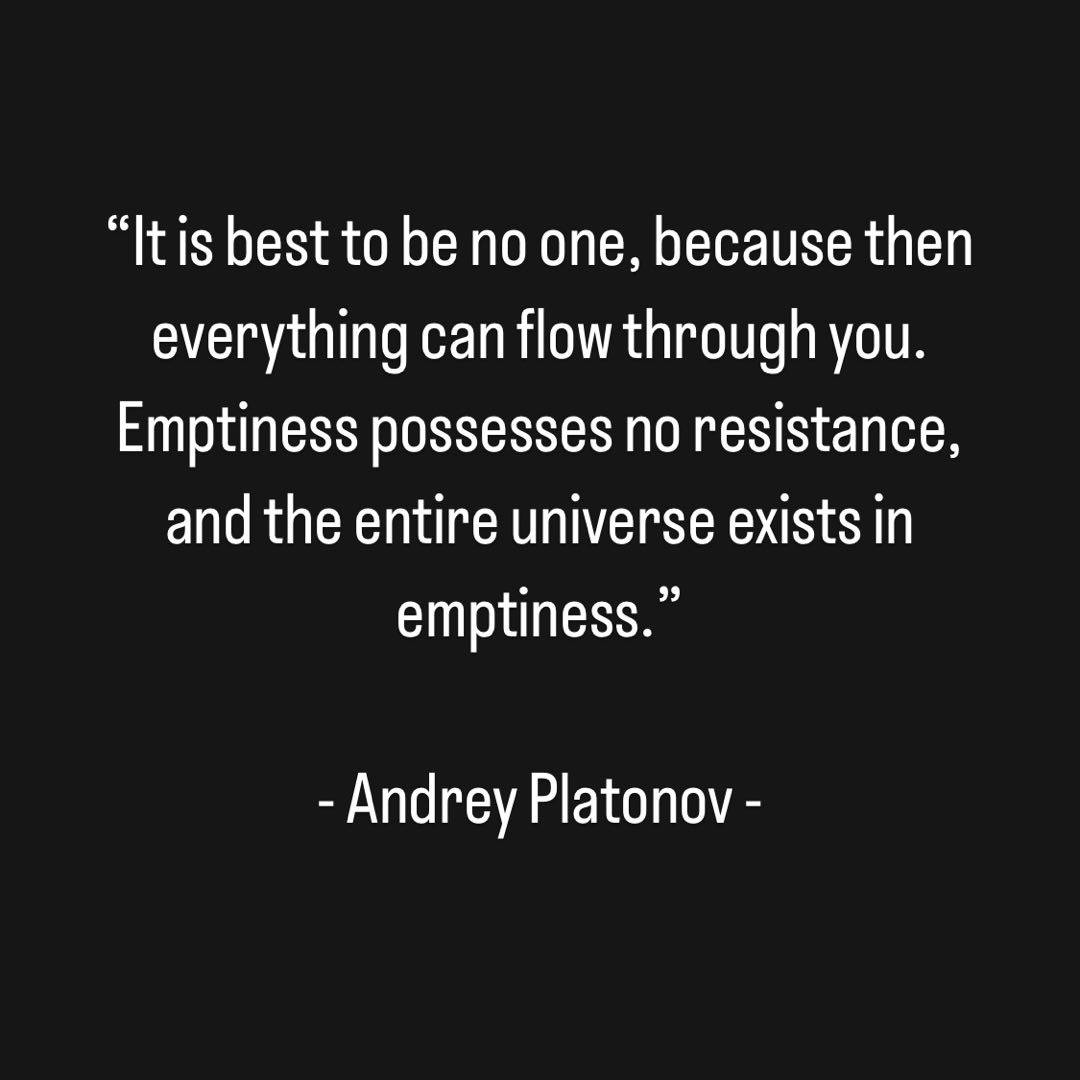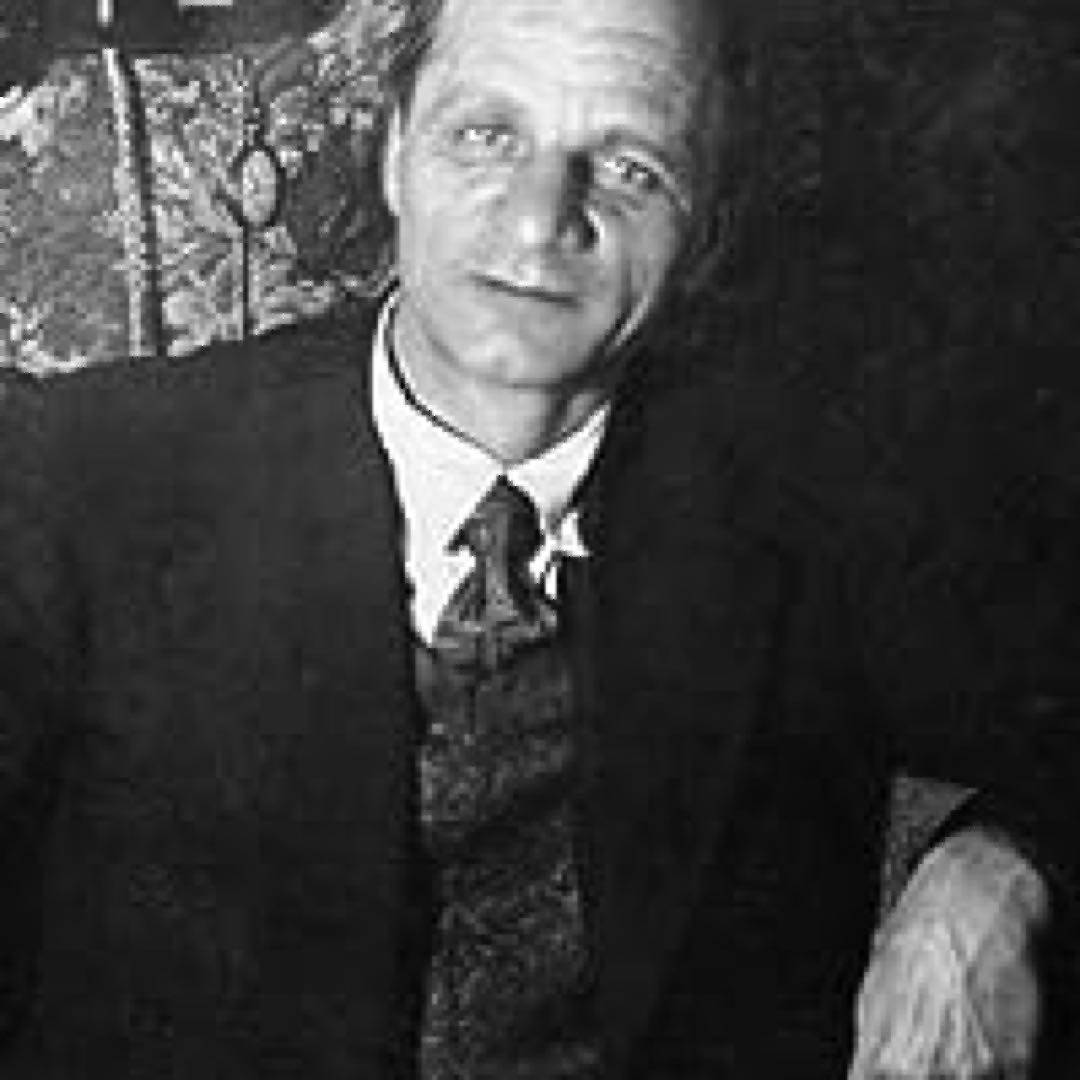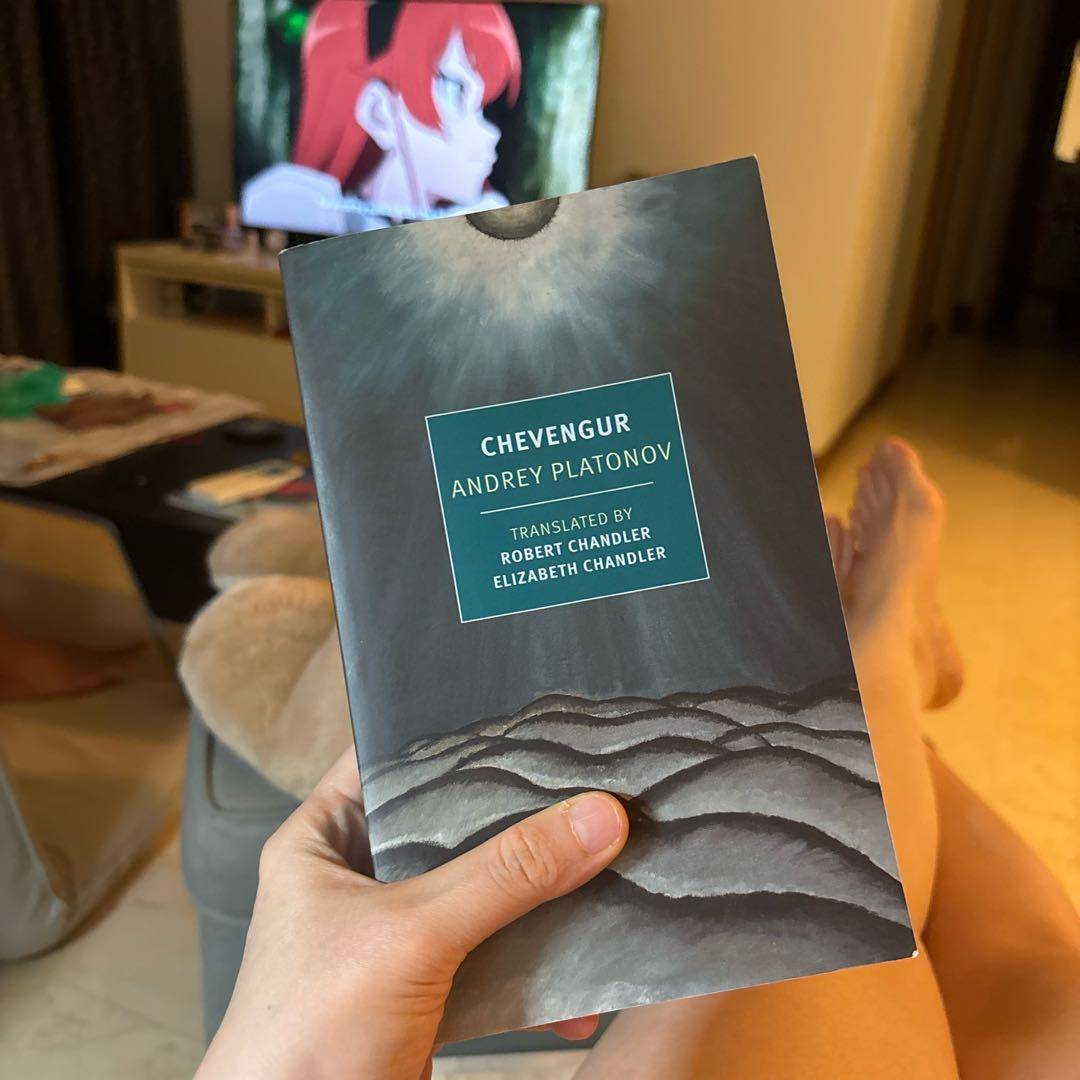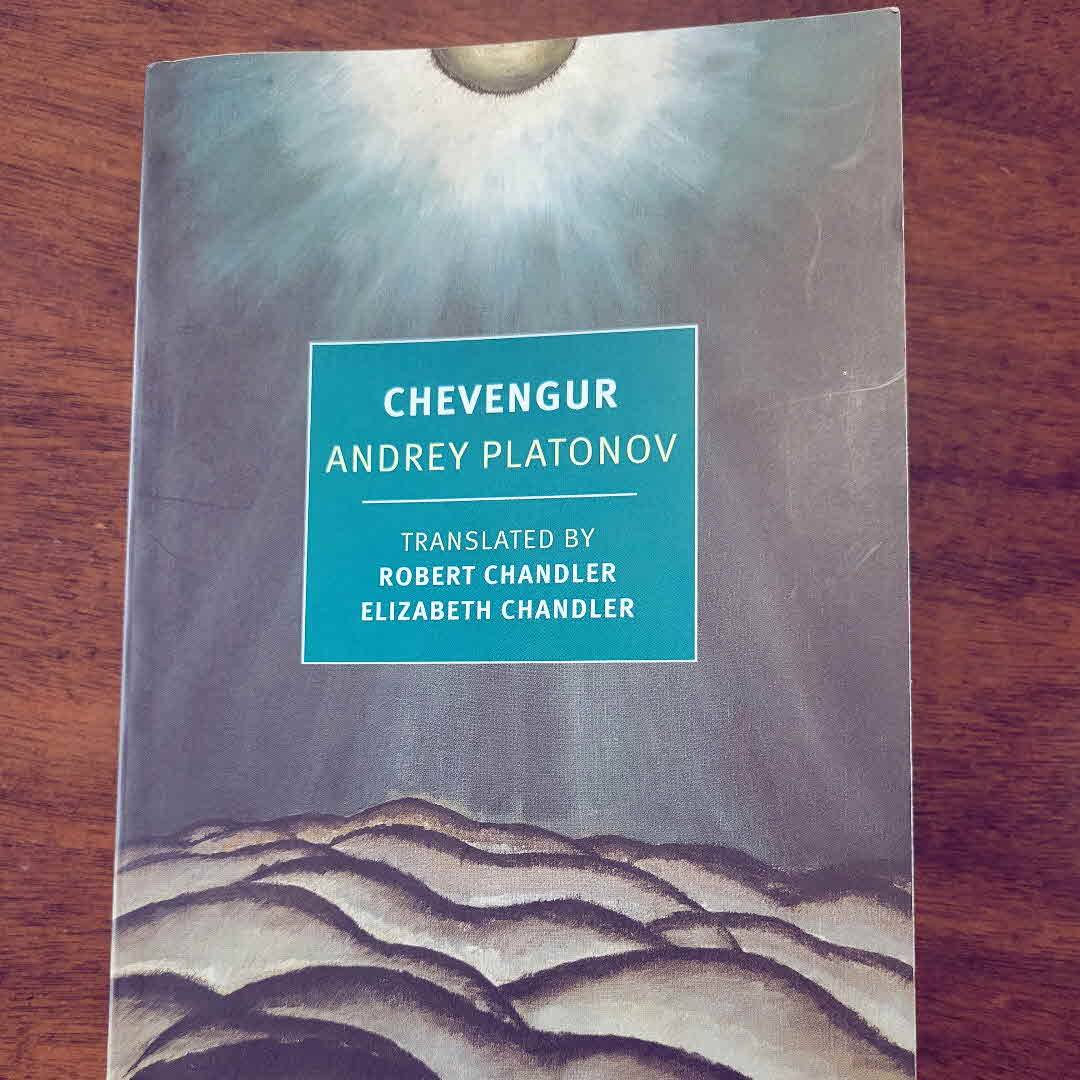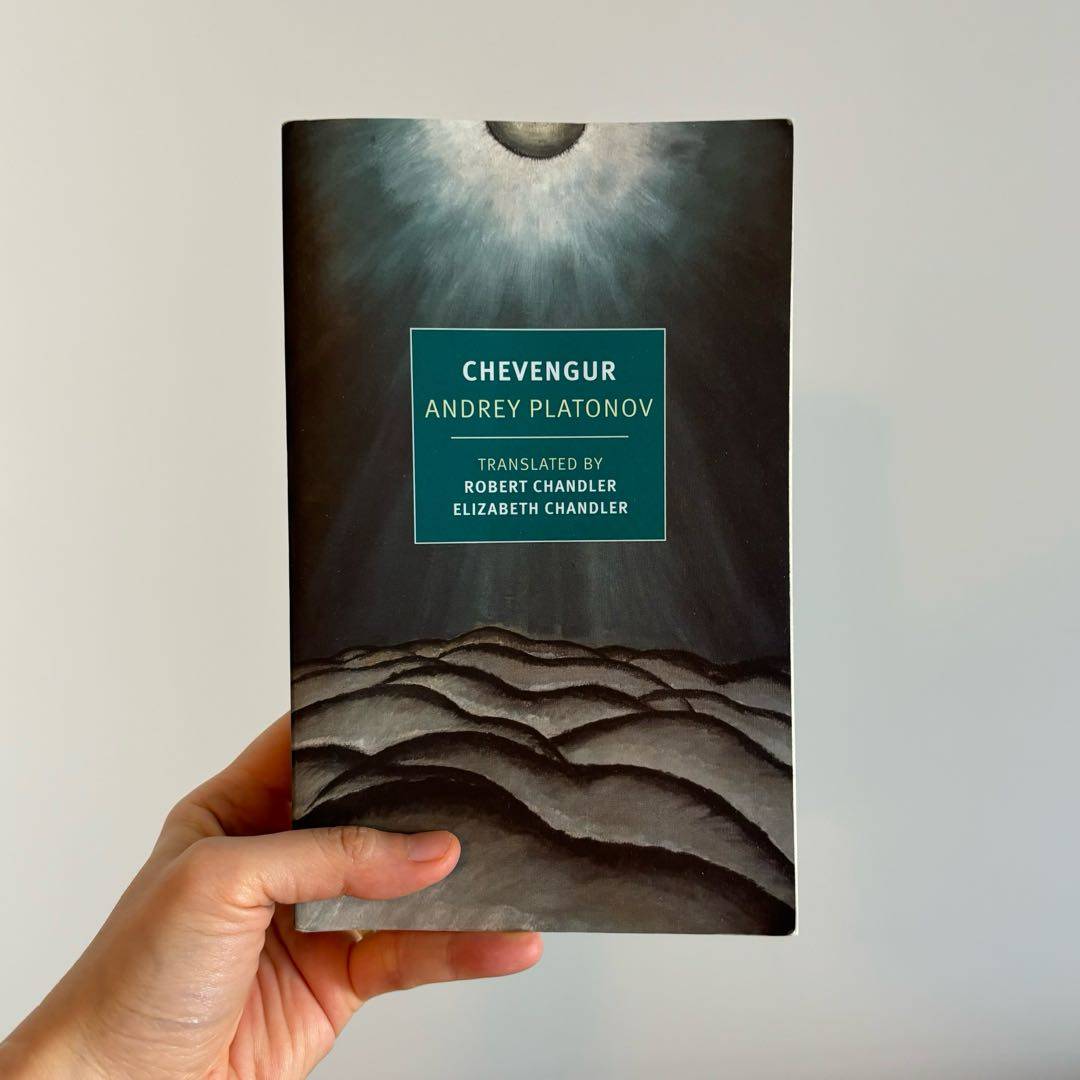
4⭐️ What a tough book to read! 😅 Platonov deployed so many layers of irony in this story of communist experiment in a district named Chevengur. It‘s not easy to realize the dream of creating a perfect communist world. The communist intellectuals themselves were not sure about the concepts and implementations. It‘s really a brain-wrecking novel but I‘m also encouraged to read Platonov‘s other works now 😆








